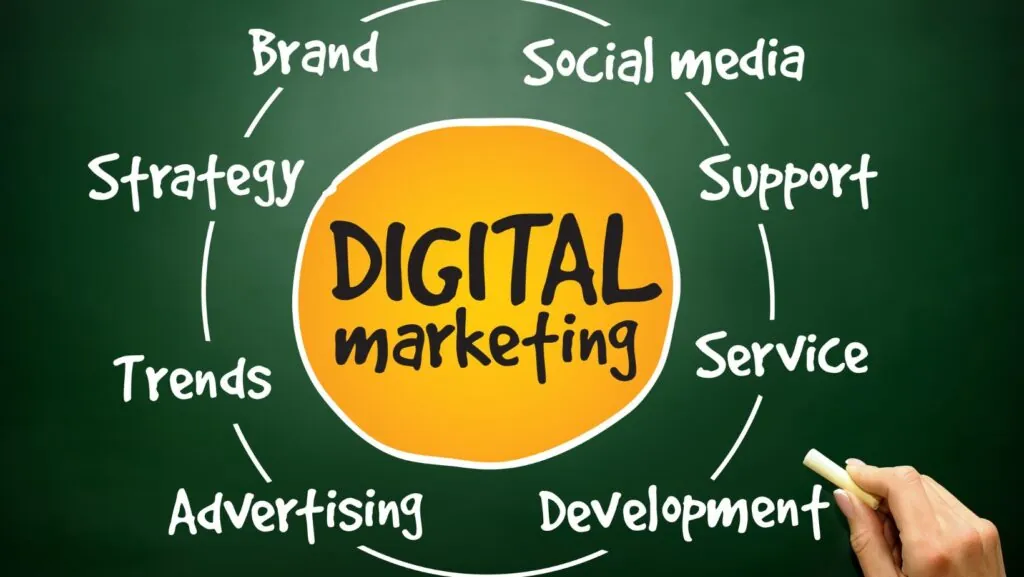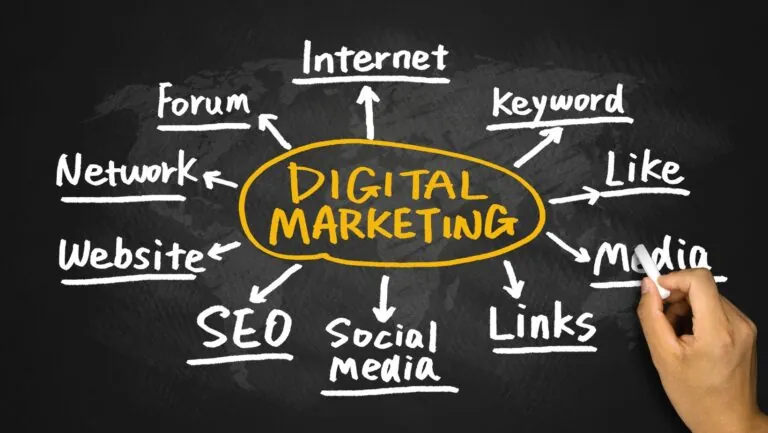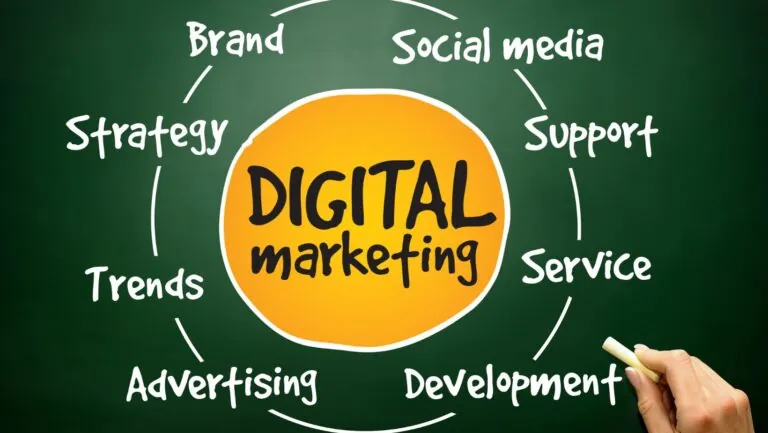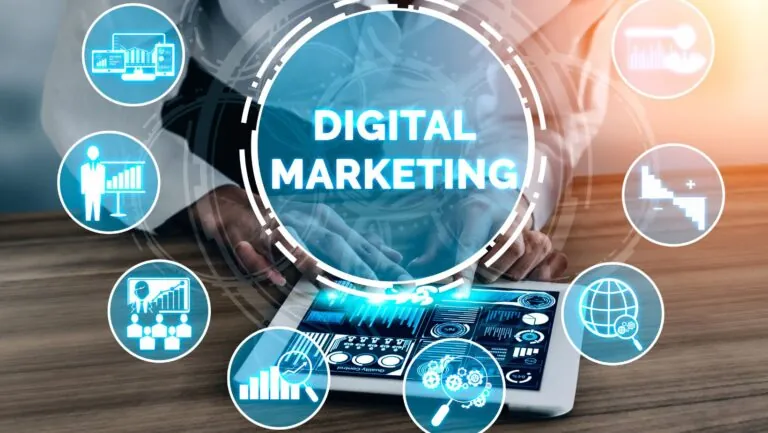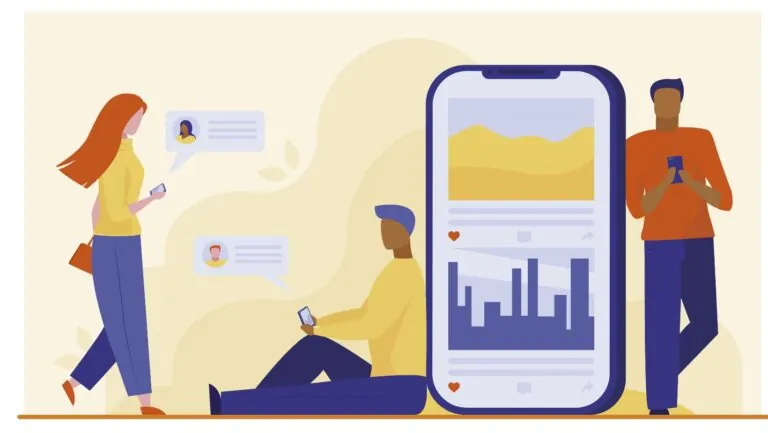Table of Contents
ToggleDigital marketing has evolved into an arms race for attention. In 2025, every brand, whether in retail, tech, or gaming, is fighting for the same thing: eyeballs and engagement. With audiences scrolling faster and expecting instant gratification, traditional methods don’t cut it anymore. The businesses that thrive are those that understand human behavior and leverage new technologies to turn casual visitors into loyal communities.
Attention is the New Currency
Consumers don’t buy products immediately; they buy into experiences first. Think of how TikTok challenges or Instagram Reels dominate attention spans. Brands no longer compete on price alone; they compete on who can tell the best story in the shortest time possible. Research shows people decide whether to engage with content in less than three seconds, and that split-second decision is what makes digital marketing such a high-stakes game.
Why Entertainment Brands Lead the Way
Entertainment companies, especially those in gaming, are natural leaders in this shift. They don’t just advertise a product; they create experiences. Every trailer, live stream, and bonus round is engineered to keep the player engaged. This is why marketers from other industries often study gaming trends to refine their own strategies.
Online casinos are a prime example, offering more than just games. They create ecosystems of rewards, challenges, and social elements that mirror what modern consumers want. Brands outside of gaming can learn a lot from these mechanics.
Gamification is Everywhere
In 2025, gamification is no longer a buzzword; it’s a business model. We see it in:
- Loyalty programs that track progress like levels in a video game
- Fitness apps that reward streaks and milestones
- Online communities that use points and badges to encourage participation
But the casino industry has perfected this art. Wild Casino, for instance, doesn’t just offer a library of slot machines and table games. It integrates features like live dealer interactions, seasonal promotions, and achievement-based rewards that keep players coming back. This same approach can work for retail or SaaS brands, where engagement must feel rewarding beyond the purchase itself.
The Social Factor
No matter how advanced the technology, people still crave connection. That’s why digital marketing strategies now focus heavily on community-driven growth. Discord servers, Reddit forums, and niche Facebook groups outperform display ads because people trust other people more than corporate messages.
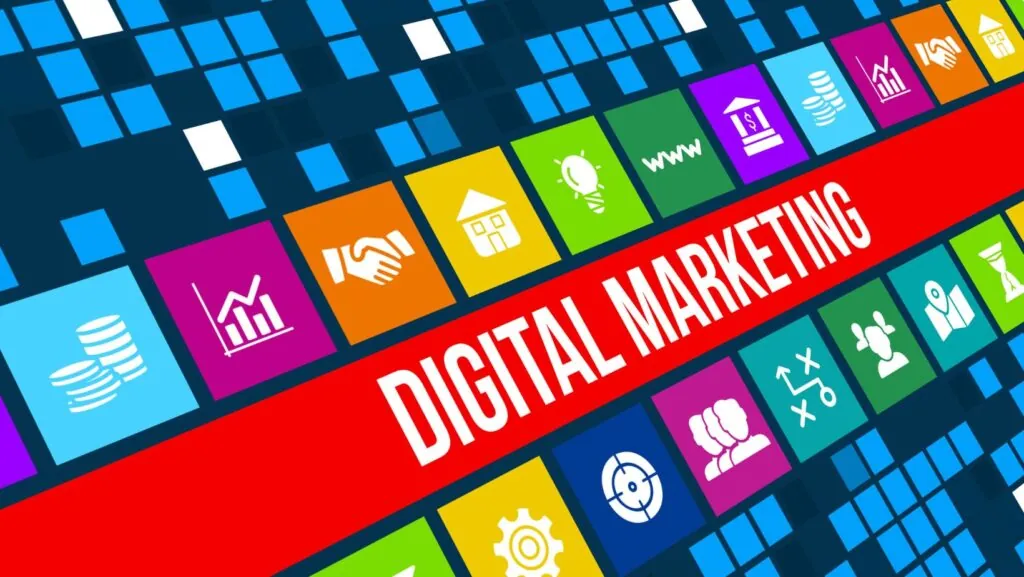
Gaming again sets the example. Players stick around not only for the games but for the interaction with fellow users, leaderboard competition, and even live chats during events. Wild Casino games demonstrate this well through their integration of live play, where users don’t feel isolated but part of an ongoing social experience.
For brands, the lesson is simple: create spaces for your audience to interact, not just consume.
Personalization and Data-Driven Strategies
Modern marketing thrives on personalization. AI and analytics now allow brands to tailor every interaction to the user, from recommended products to targeted offers. Consumers expect this level of customization, and they disengage quickly when they feel like just another number.
Casinos use personalization brilliantly. They recommend new games based on play history, adjust promotions depending on user activity, and even provide custom deposit offers. Wild Casino and other top operators already use these methods daily, ensuring every player feels like the platform was designed just for them. If you’re running an e-commerce store or app, you can adopt the same mindset: analyze behavior, test responses, and serve content that feels like it was made for that individual.
AI as the Ultimate Assistant
Artificial intelligence is the secret weapon in 2025 digital marketing. Brands are using it to:
- Generate content ideas and copy variations instantly
- Run predictive analytics on campaign performance
- Optimize ad spend in real time
- Provide 24/7 customer service via chatbots
The casino industry also heavily relies on AI, whether for fraud prevention, dynamic bonuses, or responsible gaming features. For Wild Casino players, AI-driven systems often ensure smoother experiences, balancing user freedom with platform safety. Outside of gaming, the same tools can help startups outperform larger competitors.
Why Virality Matters More Than Ever
Going viral used to be luck, now it’s strategy. Brands design campaigns with virality in mind, focusing on shareable content, emotional triggers, and cultural timing. The key lesson from viral casino games is that simplicity plus risk equals excitement.
For example, slot games or fast-paced titles offered at Wild Casino are easy to learn, quick to play, and designed to deliver frequent thrills. This formula keeps people engaged and eager to share their experiences online. Non-gaming brands can learn from this: keep your offers simple, make them fun, and add just enough unpredictability to spark conversations.
Looking Ahead
The future of digital marketing isn’t about more ads, it’s about smarter connections. Businesses that adapt will thrive by embracing three main principles:
- Entertainment first: if it’s not fun or engaging, people scroll past it
- Community-driven growth: audiences stay loyal when they feel they belong
- Personalized experiences: one-size-fits-all marketing is dead
Gaming platforms, especially those like Wild, highlight exactly how to win in today’s landscape. They combine excitement, community, and tailored experiences into one seamless journey, giving marketers across industries a blueprint for success.
Final Takeaway
Digital marketing in 2025 is more than algorithms and ad spend. It’s about understanding human psychology and applying lessons from industries that thrive on attention, risk, and reward. If you want your brand to stand out, look no further than the strategies behind today’s online entertainment giants.
Just as Wild Casino games capture attention by blending thrills with social interaction, your campaigns can capture audiences by making every touchpoint engaging, personal, and worth sharing.

